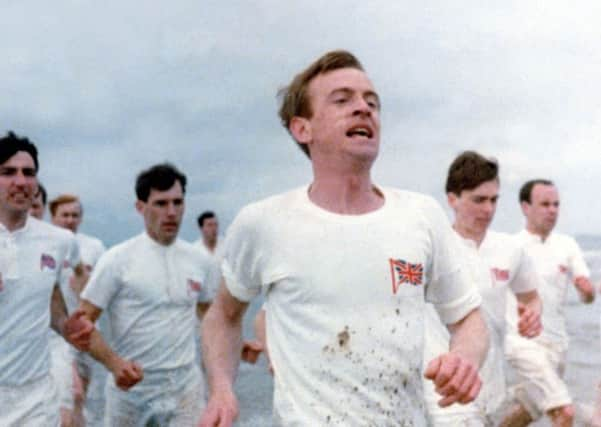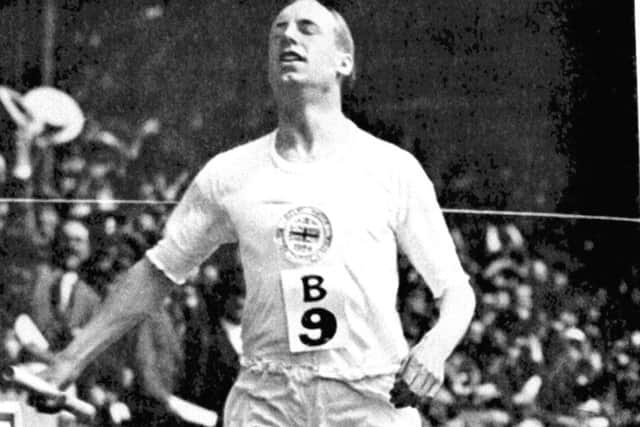Chinese censorship fears over Chariots of Fire sequel about Eric Liddell


The Last Race, made by Alibaba Pictures, one of the leading players in the emerging Chinese film industry and due for release this summer, will star Joseph Fiennes (right) as Eric Liddell, the Scottish athlete who won gold in the 400m race at the 1924 Olympics.
Liddell’s Christian faith was central to his life, and his refusal to run the 100m race – his best event – because it was held on a Sunday was a key part of the story of Chariots Of Fire.


Advertisement
Hide AdAdvertisement
Hide AdBut Liddell’s family have expressed concern that his devout Christianity will be glossed over, with other elements of the story “embellished”.
The Last Race will concentrate on Liddell’s life in China, where he worked as a missionary following his Olympic triumph. But a report from Xinhua, China’s state-run news agency, in January suggested that Liddell’s faith would be played down.
A report by the agency stated: “The movie tells the story of Xu Niu, who rescued Liddell and other foreign civilian prisoners held in a Japanese concentration camp during the war.”


However, the historical basis of any such plotline is unclear, given Liddell remained in the camp at Weifang until his death in February 1945. Although Churchill had made a deal to free him, he stayed behind and sent a pregnant woman prisoner of war in his place.
Advertisement
Hide AdAdvertisement
Hide AdThe film’s Hong Kong director, Stephen Shin, said that issues surrounding Christianity were “very sensitive” in China. He added that he had found the government’s censorship demands to be “quite reasonable”.
“Christianity is very sensitive in China,” he said. “Everyone knows it is not easy to bring that message here. But now, luckily, the censorship is quite reasonable. We are not pushing other people to accept Christianity or promoting any religious message.”
In an interview with the Chinese film trade website, China Film Insider, he added: “We want people to come to China to make movies. It is not so strict as they might think. If you can handle the topic in the right position, it should be OK.”
Fiennes has previously said that he did not think anyone involved in the film was “shirking away” from Liddell’s Christianity, although he admitted that in order to get the movie financed and produced, there had been “one or two sacrifices” made.
He added: “But there is nothing in the script where I go, ‘There’s a gaping hole here.’”
